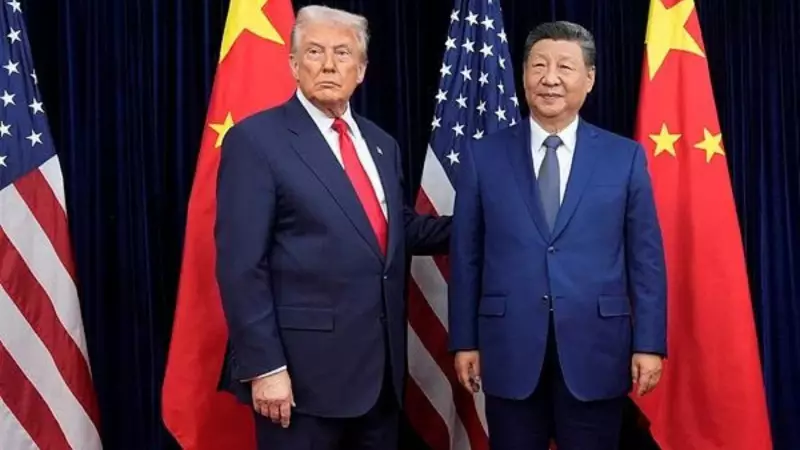
The highly anticipated meeting between former US President Donald Trump and Chinese President Xi Jinping has concluded, revealing significant developments in global trade dynamics that could reshape international economic relationships for years to come.
The Rare Earths Gambit: China's Strategic Leverage
One of the most critical discussions centered around rare earth minerals - the seventeen chemical elements essential for manufacturing everything from smartphones to military equipment. China currently dominates approximately 80% of global rare earth production, giving Beijing substantial leverage in trade negotiations.
During the meeting, both leaders acknowledged that rare earth elements have become the new "oil" in geopolitical negotiations. The conversation highlighted China's potential to weaponize these resources in response to US trade policies, creating vulnerabilities in American supply chains for technology and defense industries.
Tariff Truce or Temporary Ceasefire?
The trade war that has defined US-China relations in recent years featured prominently in discussions. While both sides expressed willingness to de-escalate tensions, the fundamental disagreements over trade practices, intellectual property rights, and market access remain unresolved.
Key outcomes include:
- A temporary halt to new tariff implementations
- Establishment of working groups to address structural trade issues
- Commitment to continue negotiations despite fundamental differences
India's Unexpected Advantage in Global Trade Realignment
The evolving US-China relationship creates unique opportunities for India's economic strategy. As manufacturing costs rise in China and trade uncertainties persist, global companies are actively seeking alternative production hubs.
India stands to benefit from this realignment through:
- Manufacturing diversification as companies look beyond China
- Increased foreign direct investment in Indian production facilities
- Strategic partnerships with both US and European markets seeking reliable alternatives
- Technology transfer opportunities as global supply chains reconfigure
Global Economic Implications
The meeting outcomes suggest that while immediate trade war escalation has been avoided, the fundamental competition between the world's two largest economies will continue shaping global markets. The discussions underscore a broader shift from globalization to regionalization in trade patterns.
Emerging economies like India now face both challenges and opportunities in navigating this new economic landscape, where strategic positioning and manufacturing capabilities could determine future growth trajectories.






